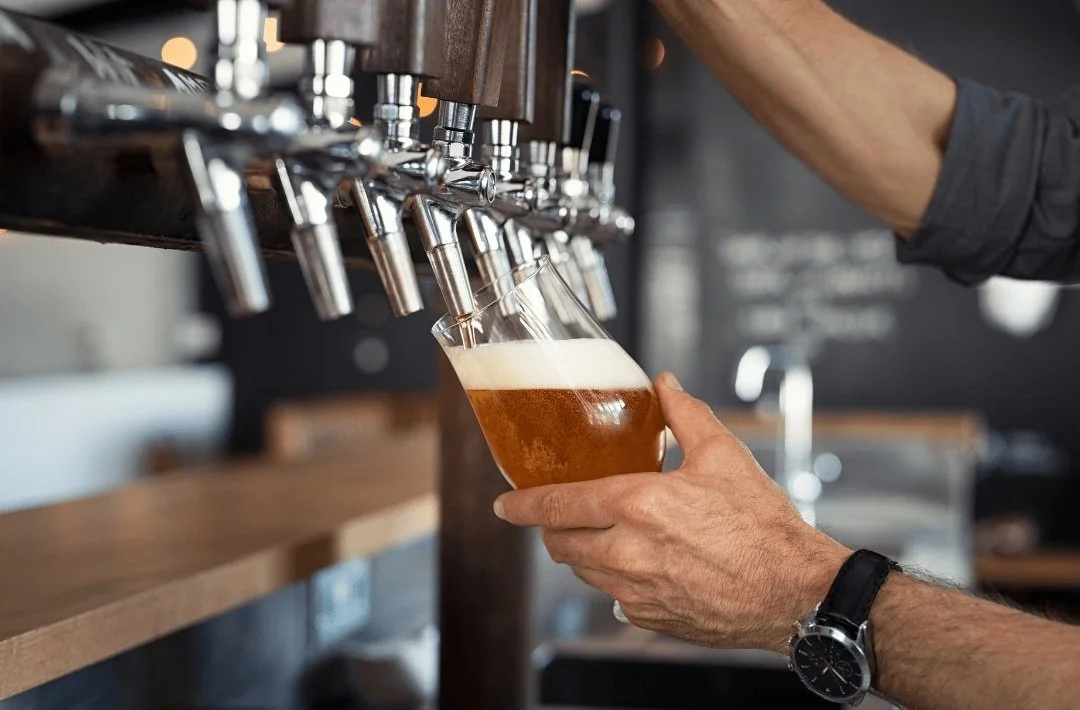What products can be kegged?
A vast range of beverage products can be kegged. Keg’s are largely used by pubs, bars and restaurants. A smaller amount are utilised by individuals in their home and garage bar set ups. In this article we discuss the types of alcoholic beverages that can be kegged.
Kegging Seltzers:
Seltzers are still one of the most popular ready-to-drink spirit based products on the market. Seltzer’s are an example of a good beverage to be kegged. They are commonly found kegged and on tap in on-premise venues such as pubs, restaurants and bars. Both vodka based and tequila based seltzers are examples of products available to keg.
Kegging RTD’s:
Various other ready-to-drink beverages are another example of a product perfect for a keg. This includes beverages that are usually premixed by beverage servers at pubs, bars or restaurants. IDL have previously kegged a raspberry & vodka RTD beverage as well as a vodka & pine lime beverage. Premixed cocktails are another beverage product that can be kegged.
Kegging Beer:
It’s believed that the first ever product to be kegged was beer. Most on premise venues will have a wide variety of beer kegs on tap, ranging from craft beer to commercial beer. Beer is a very popular product to keg worldwide.
Kegging Cider:
Cider and a variety of cider flavour formats are common products that can be kegged. Your local pub, bar or restaurant likely has a number of cider varieties available on tap.
Some cider products require the keg to be inverted (tipped upside down) before its tapped. This is common for cloudy cider products. IDL are experts in kegging cider and is one of many products we can keg.
Kegging Wine:
A less common but growing beverage product to keg is wine. Kegging wine instead of the more traditional vessel of bottling means that savings are realised on bottles, labels and cartons. This results in a cost reduction that can be passed onto the bar or restaurant utilising the wine keg. It also ensures no oxygen comes into contact with the wine before it is poured into a glass.
If you’re interested in IDL kegging your beverage, learn about IDL’s kegging capabilities, or contact us today. We have previously kegged a variety of RTD and cider products and are always looking to expand this portfolio.
See also:
Kegging Equipment - What is needed to properly keg cider
Cider Keg Design and Functionality- Why a proper set up is important.
